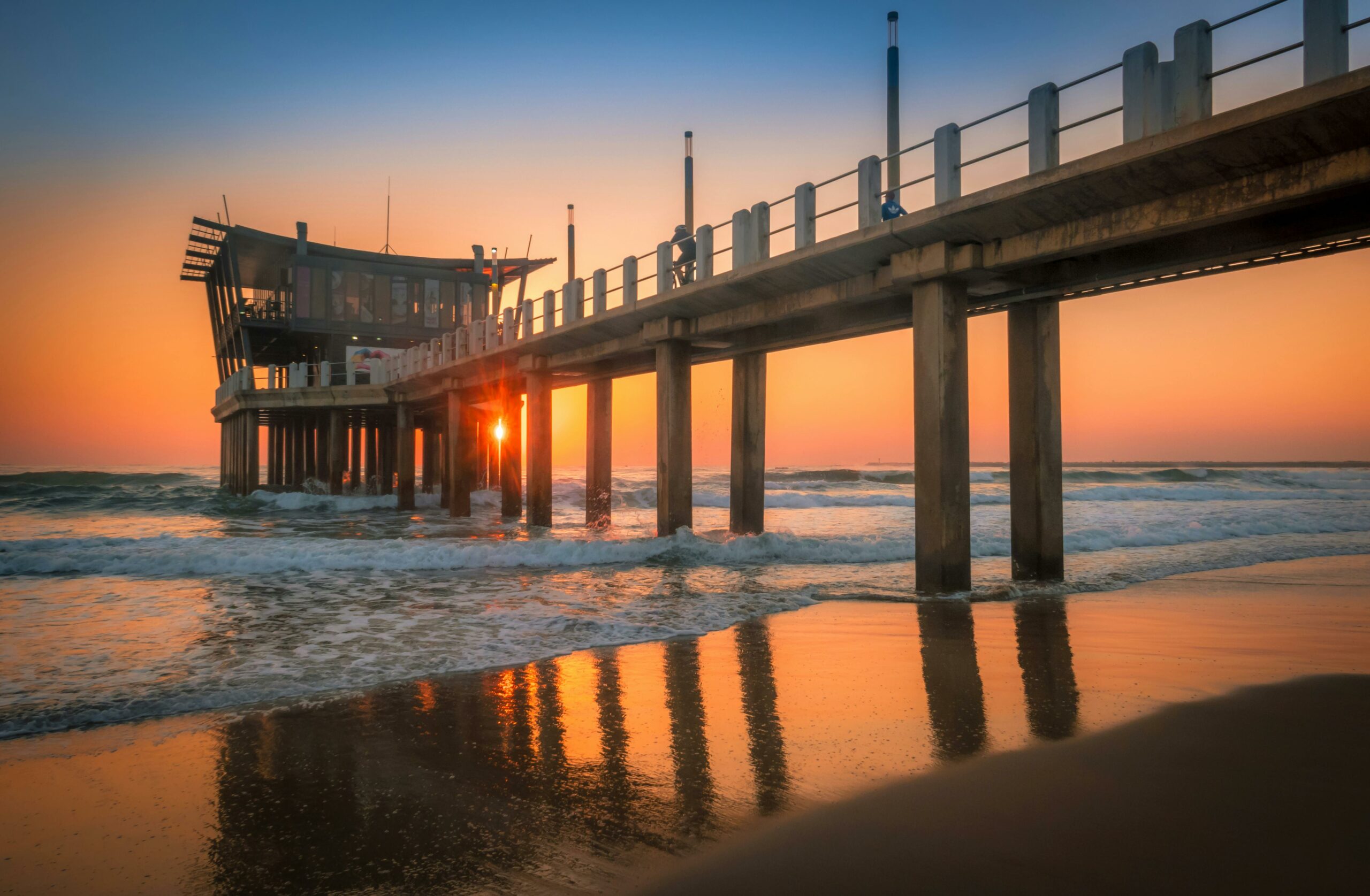The eThekwini municipality has launched a fierce counter-attack against what it calls a “malicious and damaging” online campaign designed to scare tourists and residents away from Durban’s famous shoreline. The target is a newly created website, redflagbeach.com, which published a widely shared list falsely claiming that 31 South African beaches, most of them in KwaZulu-Natal, are unsafe for public use.
The city is pulling no punches, branding the site “bogus” and its claims as “false, unfounded and not supported by any credible data.” In an official statement, the municipality slammed the misinformation as a serious threat to the city’s reputation and a direct underminement of its ongoing efforts to maintain and protect its coastal assets.
The Allegations and the Official Rebuttal
The now-controversial website redflagbeach.com used alarming language to “red-flag” popular Durban beaches, citing reasons like dangerous levels of E. coli, high crime levels, and outdated marine culling practices.
The eThekwini municipality has systematically rejected each of these claims. It stated unequivocally that the allegations are not backed by any official water quality test results or police crime statistics. The city emphasized its rigorous, bi-weekly beach water quality testing programme.
“Beach water quality tests are conducted biweekly and the results determine whether beaches meet the required safety standards for public use,” the municipality clarified. “If test results indicate elevated bacteria levels, the city implements precautionary closures immediately to protect public health.”
This official process, the city argues, stands in stark contrast to the unsubstantiated scare-mongering of the anonymous website.
Taking Legal Action: A Formal Notice to Takedown
Determined to stop the spread of this damaging misinformation, the eThekwini municipality has moved beyond statements to concrete legal action. It has identified the website’s hosting company, based in Cape Town, and has sent a formal notice demanding the domain be disabled.
The notice points out that the website, registered just this month, contains “content that is false, misleading and harmful.” It calls on the hosting provider, as a responsible service provider governed by industry codes, to address the “misinformation abuse” within four days.
Failure to comply will result in the municipality initiating legal action against both the website owner and the hosting company. An attempt to contact the owner via a cellphone number on an associated Facebook page was met by a man who denied any affiliation with the site, adding to the mystery of its origins.
For a city whose economy and identity are deeply tied to its coastline, this fight is about more than just correcting a falsehood. It’s a battle to protect Durban’s image, support its vital tourism industry, and ensure that the public relies on official, verified information about the safety of its beloved beaches.




























